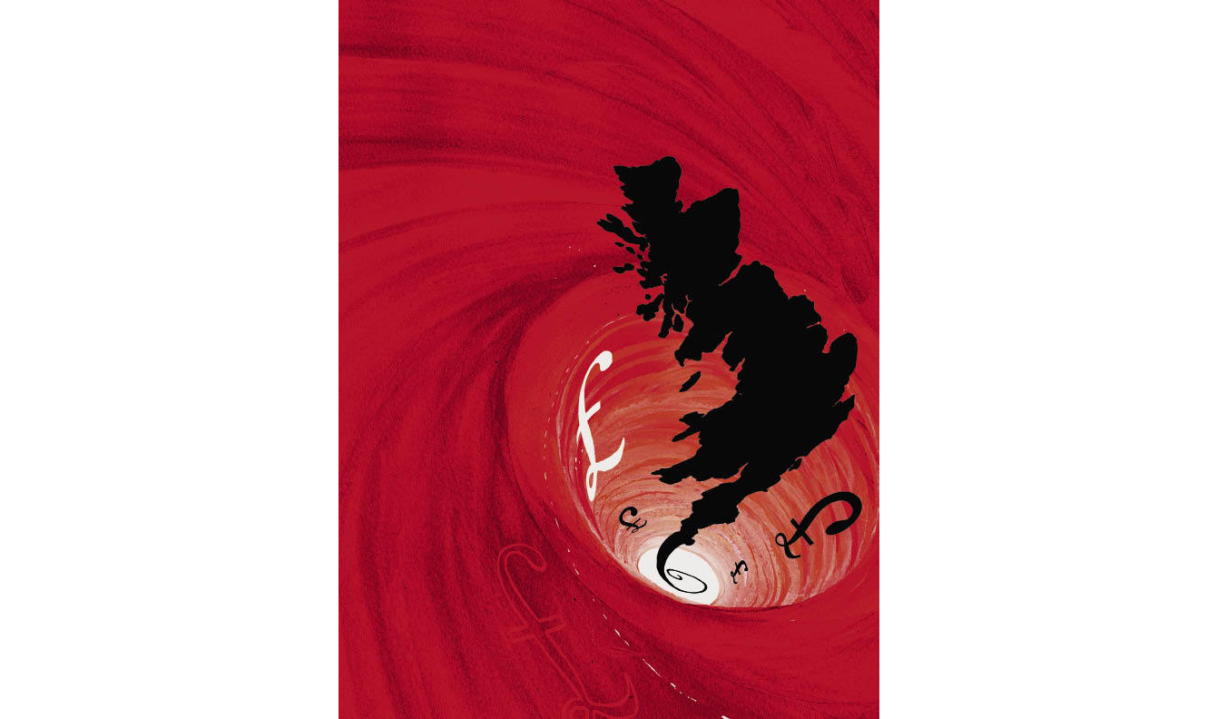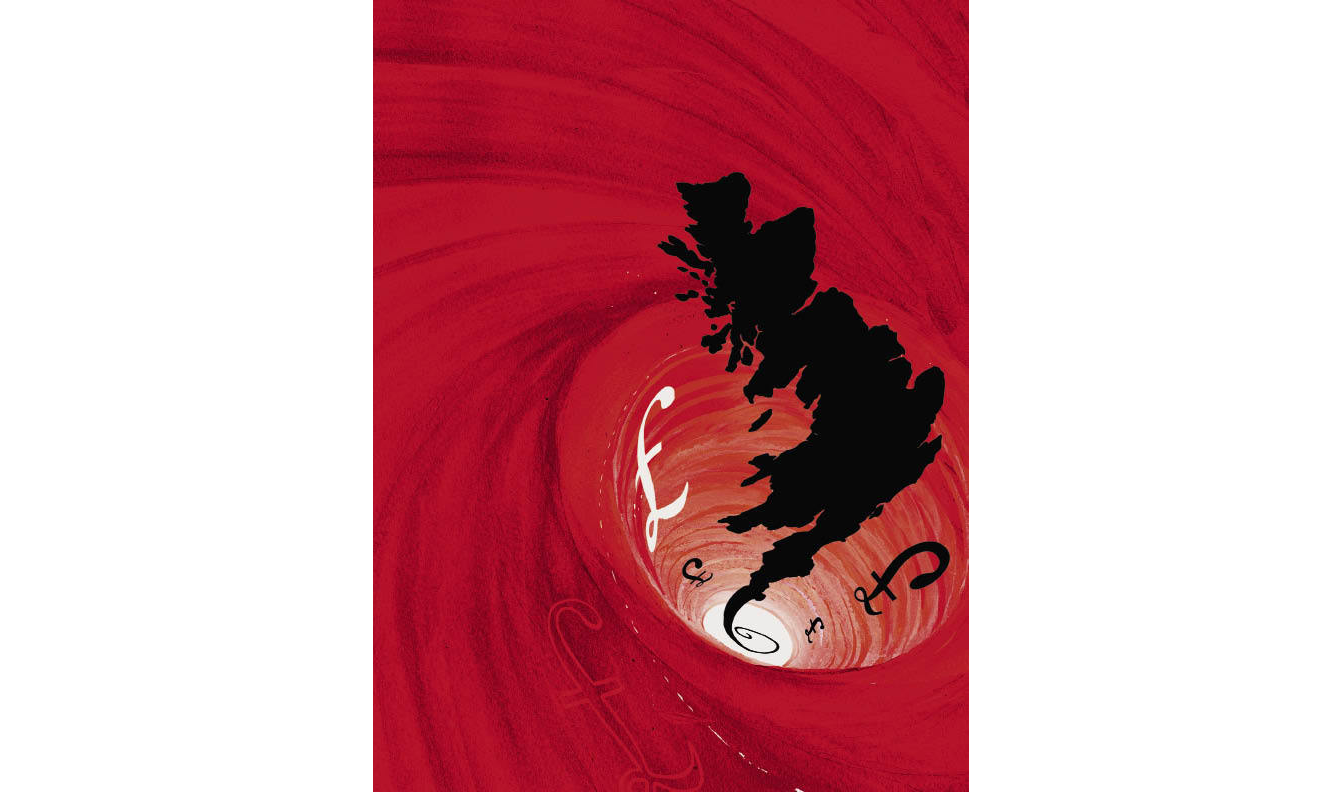The government has achieved its promise to halve inflation from last December’s level, borrowing has come in at little under the predictions made in March’s budget, and the Chancellor has felt able to lower taxes. But one thing isn’t going well: productivity. Little-noticed figures released by the Office for National Statistics (ONS) this week show that output per worker has fallen by 0.1 per cent over the past 12 months and output per hour is down by 0.3 per cent.
While productivity in the private sector has risen by around 30 per cent since 1997, in the public sector it has hardly risen at all
The problem is especially acute in the public sector. As a former board member of the ONS I know how difficult it is to measure public sector productivity and how politically hard it can be to tackle it – you could increase productivity in state education, for example, by increasing class sizes, but that would not help the standard of education and it wouldn’t make you very popular as a government. The statistics we have for measuring public sector productivity are mostly still experimental. But the data we do have tells an alarming tale: while productivity in the private sector has risen by around 30 per cent since 1997, in the public sector it has hardly risen at all.
This matters because demographics are driving demand for public services. The population is ageing rapidly. In 1966 the over-65s made up 12 per cent of the population. By 2041 this will have doubled to 24 per cent. The development of ever-more expensive medical techniques and the increase in lifestyle-related diseases, obesity in particular, is pushing growth in health and social care. Thanks to this and the state pension, government expenditure is now 45 per cent of GDP, up from 35 per cent in 1960.
If we are going to maintain public services it will either require tax rises – or a step change in public sector productivity. Getting more for taxpayers’ money ought to be a win-win, but we are hampered by poor data. If we had better regional and international comparisons of productivity it would be easier to identify opportunities to improve. The ONS needs to be more creative in measuring public sector output, as it was, for example, in including estimates of the size of the illegal economy – areas such as drugs and prostitution.
But one area where we can certainly improve productivity is in enhancing functional capabilities in government. The use of digital technologies, data analytics, and artificial intelligence have underpinned many improvements in private sector productivity yet their deployment seems to lag behind in the public sector. One instance where it has worked, saving money as well as improving people’s experience, is at the DVLA, as anyone who has renewed their driving licence recently will know.
This would be easier to achieve if we had a fundamental rethink of the centre of government. Most of the people looking at potential ways of improving efficiency are currently based in the Cabinet Office and its offshoots like the Government Digital Service or Crown Commercial Service. But the Cabinet Office has little authority over fiercely independent government departments, or over local government. It is the Treasury which controls the purse strings over the public sector as a whole and so has greater influence over it. So why not shift things like the Government Digital Service there? Or we could do as former Cabinet Office Minister Francis Maude has suggested and set up a new Office of Budget and Management, which would take over control of public spending from the Treasury and also assume responsibility for getting more out of taxpayers’ money.
We need, too, to improve the skills sets of civil servants. At present, they are better trained in developing policy than in delivering it. There are many people in the private sector who could help with this, but at the moment it is difficult to attract them to the public sector, because they can earn more in the private sector. We are also struggling to retain civil servants who are good at delivery. We need to change public sector pay so that it is linked to improvements in productivity – awarding more to those who succeed.
Making these changes might seem a little ambitious in the last year of a parliament – it certainly does not seem the right time to be making structural changes such as breaking up the Treasury or Cabinet Office. But it certainly would be a good project for whoever wins the next election.







Comments